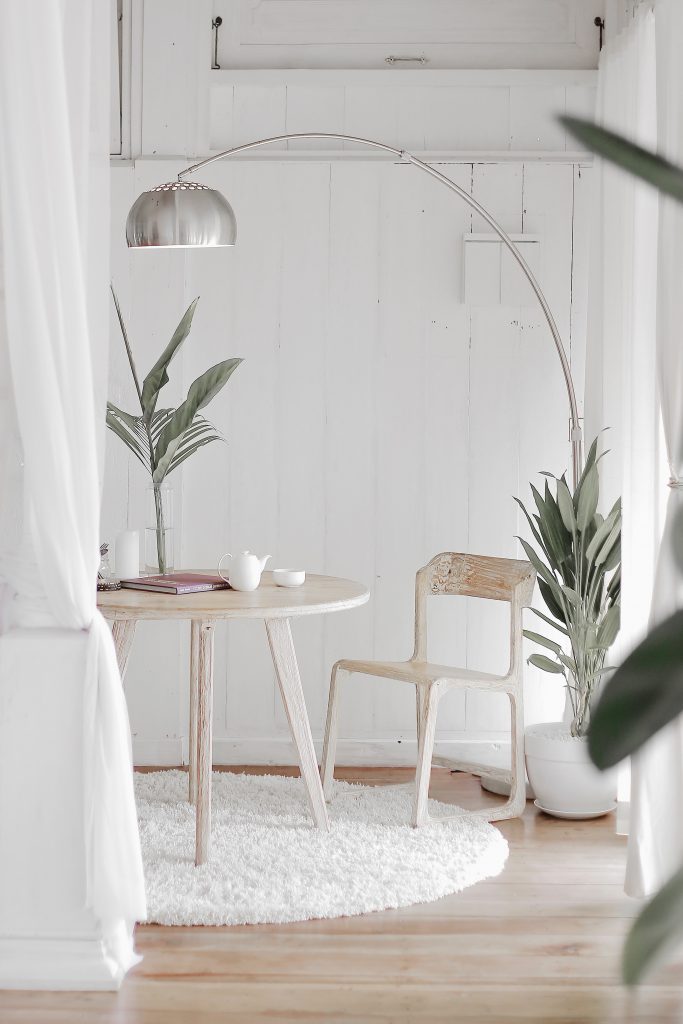
Do you have an Accessory Dwelling Unit (ADU) or Detached Accessory Dwelling Unit (DADU), or are thinking about building one? Here are some useful tips..
First, if you plan to sell a house and market your property with an ADU or DADU, you would be wise to make sure it is permitted with the city and registered as a rental unit, even if it just being used as an Airbnb, and not a long- term rental.
If not, you run the risk of being reported and fined. I recently heard about a situation where a buyer reported a seller with an unpermitted unit to the City of Seattle, as the property was listed as having a rental unit. City inspectors made them take out the whole kitchen in their basement ADU. They may have also been fined.
If you can’t do it because it’s not to code, such as window egress height, ceiling height too low, or many other factors, you need to market it as a “potential” rental space.
How the advantages of a unit being legal work for a seller and buyer:
For the seller, proven rental income will add value, plus it means an appraiser can take that rental income into consideration when assessing the value of the house.
For the buyer, their lender can use the rent as income, but there are certain stipulations. The ideal being proof of a rental history for two years, a signed lease with a deposit from the current tenant and two years of tax returns showing it as an income property. A lender will then take 75% of the rental income and be able to potentially pre-approve a buyer for a higher loan amount.
A certain lender has also told me that if there is the same proof of income, even if the place is not legal, they can also take 75% into account, but some lenders may not do that!
There are way more units, both attached and detached, in the city that are not permitted or registered, and it is certainly a process, but my advice to anyone is do the research to see if you can conform to the regulations as it will most likely benefit you when you decide to sell.
If you are thinking of converting a space or building to a DADU, again make it legal. The good news is there are now loan programs that help you finance building an ADU, including conventional and FHA loans. So not just HELOC’s, which are short term. Why not finance and have your tenant pay the mortgage?
Plus, there are lots of companies now that specialize in converting spaces or building separate units; here a few:
- MyKabin is Seattle-based and provides one stop shopping, covering all the stages of construction.
- Mighty House Construction
- Live-work-play
- Nest (a southeast Seattle company)
Building a DADU is not inexpensive, most likely between $250,000-$350,000, minimum, so obviously it is a big decision to make that investment; even converting a basement can cost between $100,000-$150,000. So you have to weigh the pro and cons for sure.
I hope this information helps in your decision making process. Thanks for reading!
 Facebook
Facebook
 X
X
 Pinterest
Pinterest
 Copy Link
Copy Link